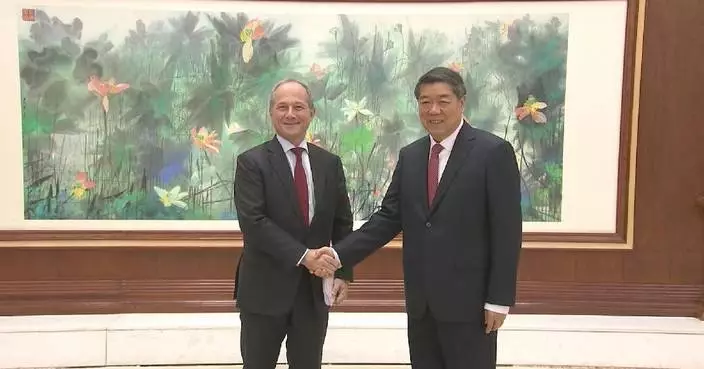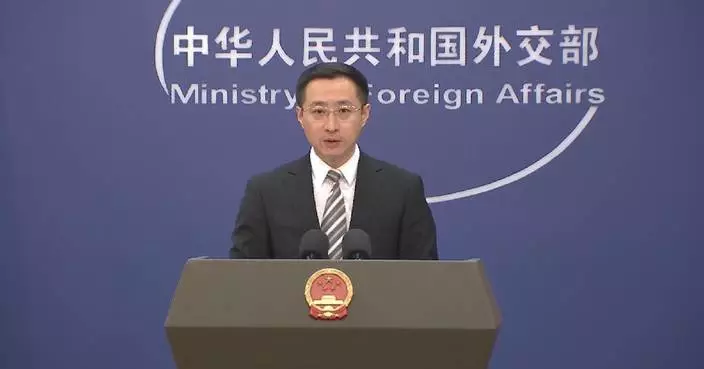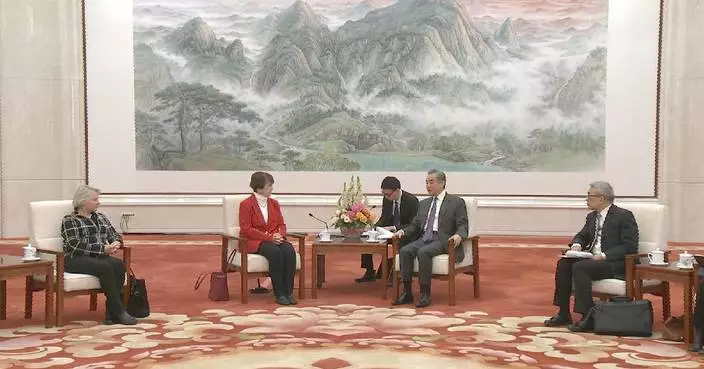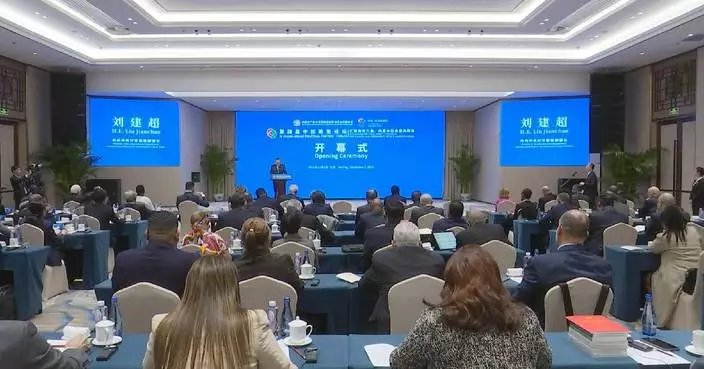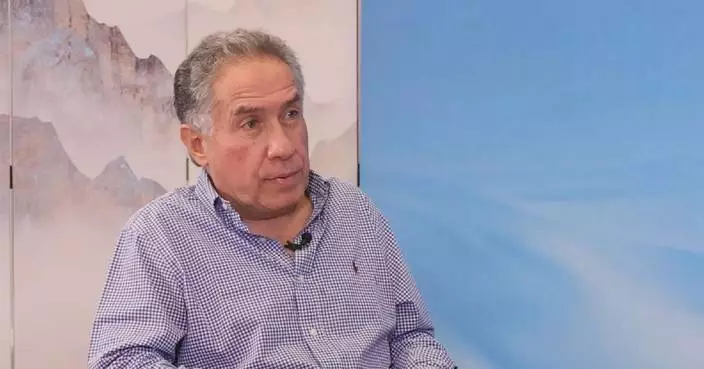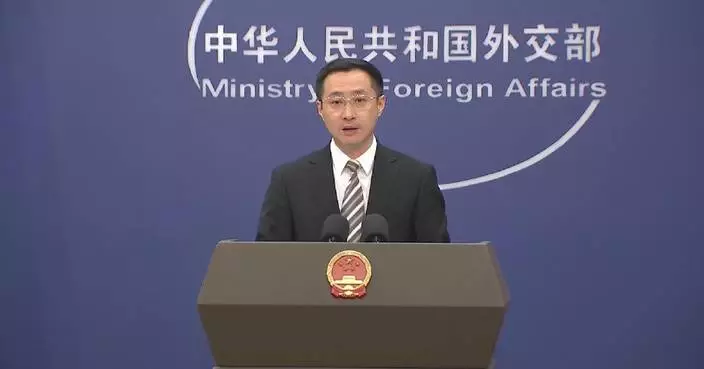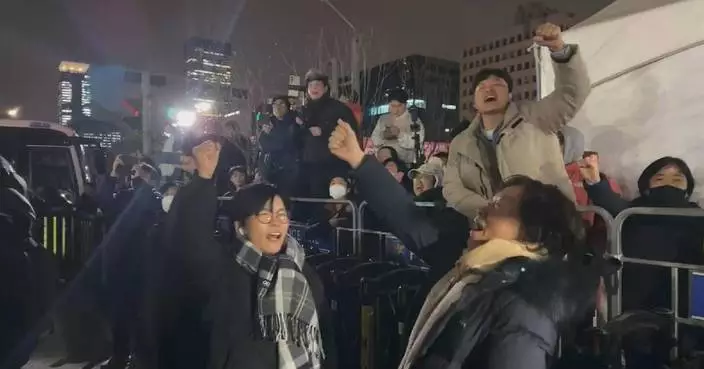Both China and the U.S. must engage in high-level talks to address mutual concerns and rebuild trust amid growing geopolitical tensions, said a U.S. media professional.
Talking to China Global Television Network (CGTN) on Nov. 21, Lionel Barber, former editor-in-chief of the Financial Times (FT) expressed concern over the escalating rhetoric between China and the U.S., urging both sides to engage in constructive dialogue to alleviate tensions.
"China has to be part of the solution. Again, my personal view is that the rhetoric in Washington is unhelpful. Some of it is hysterical. Some of this notion on both sides now, because both sides, there's a lot of mutual suspicion. There is this notion of victimhood, which is very unhealthy, we need to have a dialogue at the highest level sometimes in private, where you re-establish a basis of trust," said Barber.
Barber predicted that U.S. President-elect Donald Trump will raise tough issues and believes a careful approach is necessary.
"I hear that Mr. Trump does want to re-establish a dialogue at the highest level with China in order to set out positions. But he's going to make it difficult for the Chinese. But then China will have some issues to raise with the Americans. And then there will have to be a discussion. He will be very careful. I think he'll want to listen to what President Xi has to say. Are you clearly feeling strongly about this? He's going to listen," said Barber.
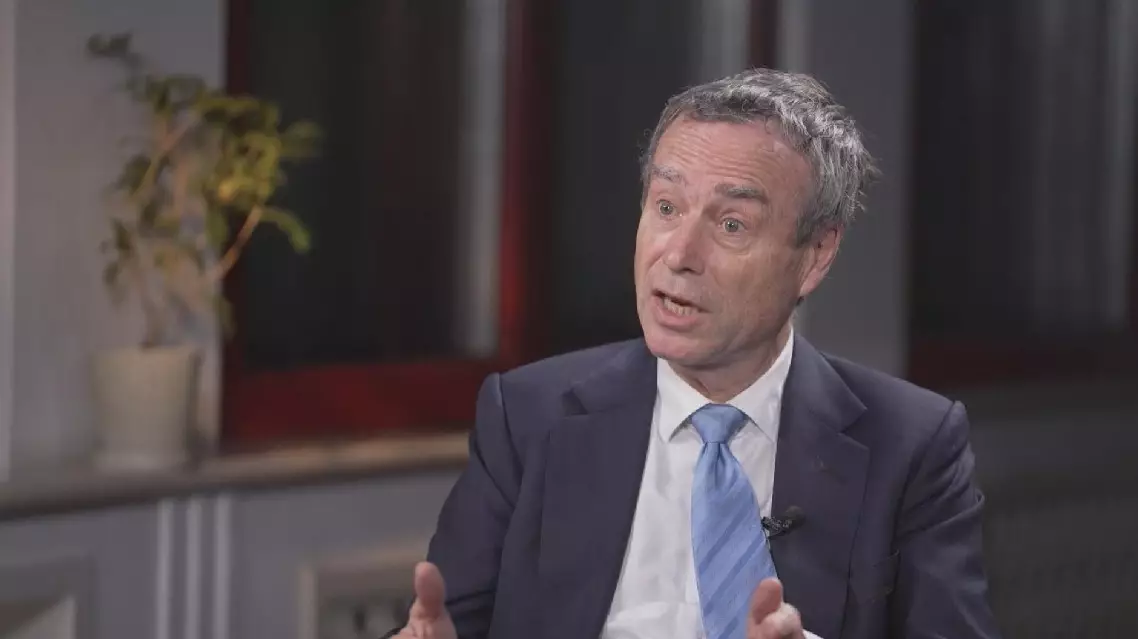
High-level talks between China-U.S. key to mitigate tensions: former FT editor-in-chief
Senior representatives from major regional news media organizations, gathering at the ongoing 12th Global Video Media Forum (VMF) in China, say they are looking to amplify the voices of the media in the Global South to help consolidate cooperation and friendship in an ever more challenging global environment.
The forum opened in Quanzhou in east China's Fujian Province on Tuesday, bringing together 200 media representatives from over 60 countries and regions in the historic coastal city.
By working more closely together, media organizations in the Global South can reap rewards that might otherwise be unavailable, according to Ahmed Nadeem, Secretary-General of the Asia-Pacific Broadcast Union.
"If we work together, there is an opportunity for us to bring out the best from these Global South countries who have much less resources," he said.
Other media representatives at the VMF stressed that in challenging times, it is even more important for developing countries to have their voices heard on the global stage.
"[The Global] South media have a lot of responsibility to build a new opinion," said Issoufou Sare, Director-General of BF1 Television.
"[The media can provide] solutions for misunderstandings or stereotypes. So the media have a major role. They can bridge our cultures and make us know each other better," said Feten Fardi, head of Arab and International Cooperation Unit, Arab States Broadcasting Union.
The event also witnessed the launch of the "Global South Media Dialogue and Cooperation Mechanism and Joint Initiative," a program to support closer cooperation led by China Media Group.
"That will help to promote our voices, our realities to make the world know better about our customs, realities, about our history, about our culture, customs, about our problems, but also our achievements," said Martin Hacthoun, chief editor of Press Latina News Agency.
The two-day VMF is being held under the theme "Intelligence Without Frontiers, Vision Beyond The Horizon -- Media's Role in Communication and Cultural Exchange."
Launched by the CCTV Video News Agency (CCTV+) in 2011, the VMF is an annual professional journalism forum focusing on the latest trends and innovations in news and journalism, which provides a highly specialized, unique and interactive platform for domestic and foreign media peers.
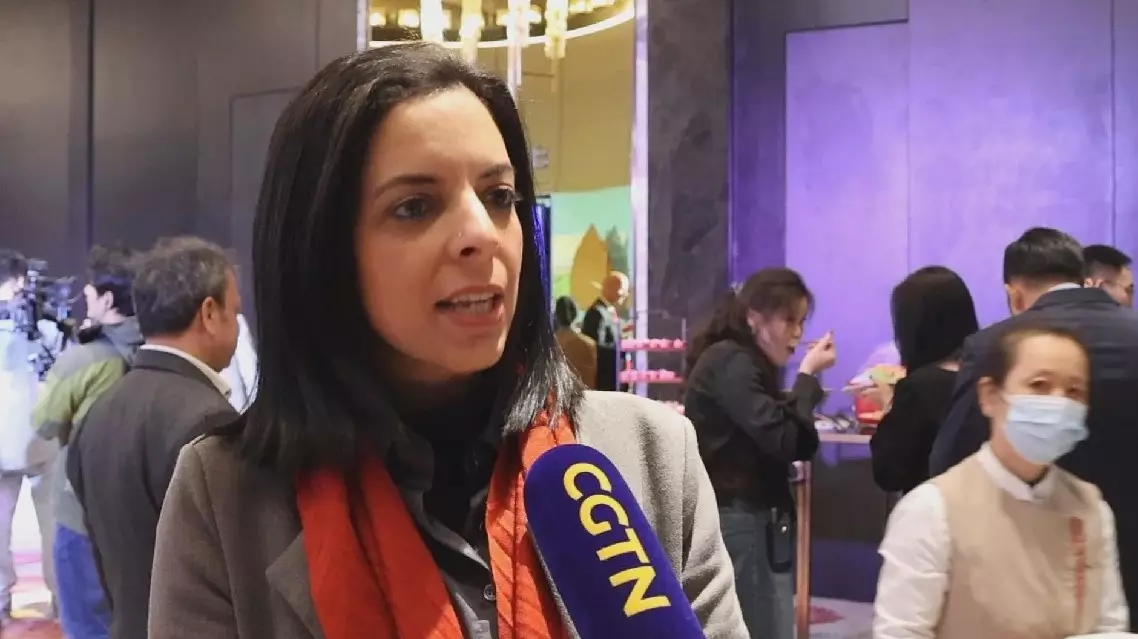
Media groups aim to amplify voice of Global South at VMF




